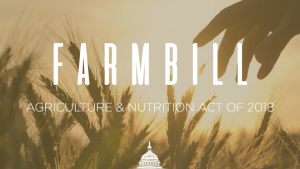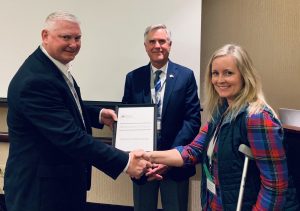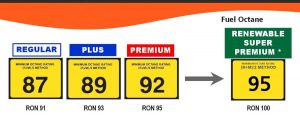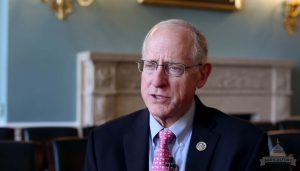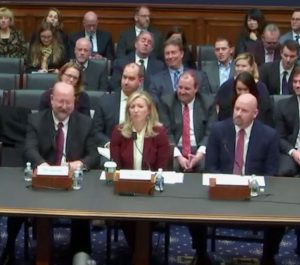 Several organizations are pleased that the new farm bill includes a climate-friendly soil carbon pilot program.
Several organizations are pleased that the new farm bill includes a climate-friendly soil carbon pilot program.
The American Coalition for Ethanol (ACE), Environmental Entrepreneurs (E2), the National Corn Growers Association (NCGA), and the Natural Resources Defense Council (NRDC) thank the Farm Bill conferees for including language in the 2018 Farm Bill to establish an Environmental Quality Incentive Program (EQIP) pilot program to promote and document the benefits of farming practices which improve soil health.
“This new EQIP provision provides the tools to incentivize farmers to adopt smart soil management practices that improve soil health to increase drought resiliency, improve nutrient utilization, and enhance soil carbon sequestration,” said Keith Alverson, South Dakota farmer and NCGA board member.
“The economic value farmers can receive from being properly credited for their ability to sequester carbon and participate in low carbon fuel markets and for other climate policies is significant,” said Brian Jennings, ACE CEO. “ACE is committed to fostering the development of these low carbon market opportunities that also increase income to farmers and rural America.”


